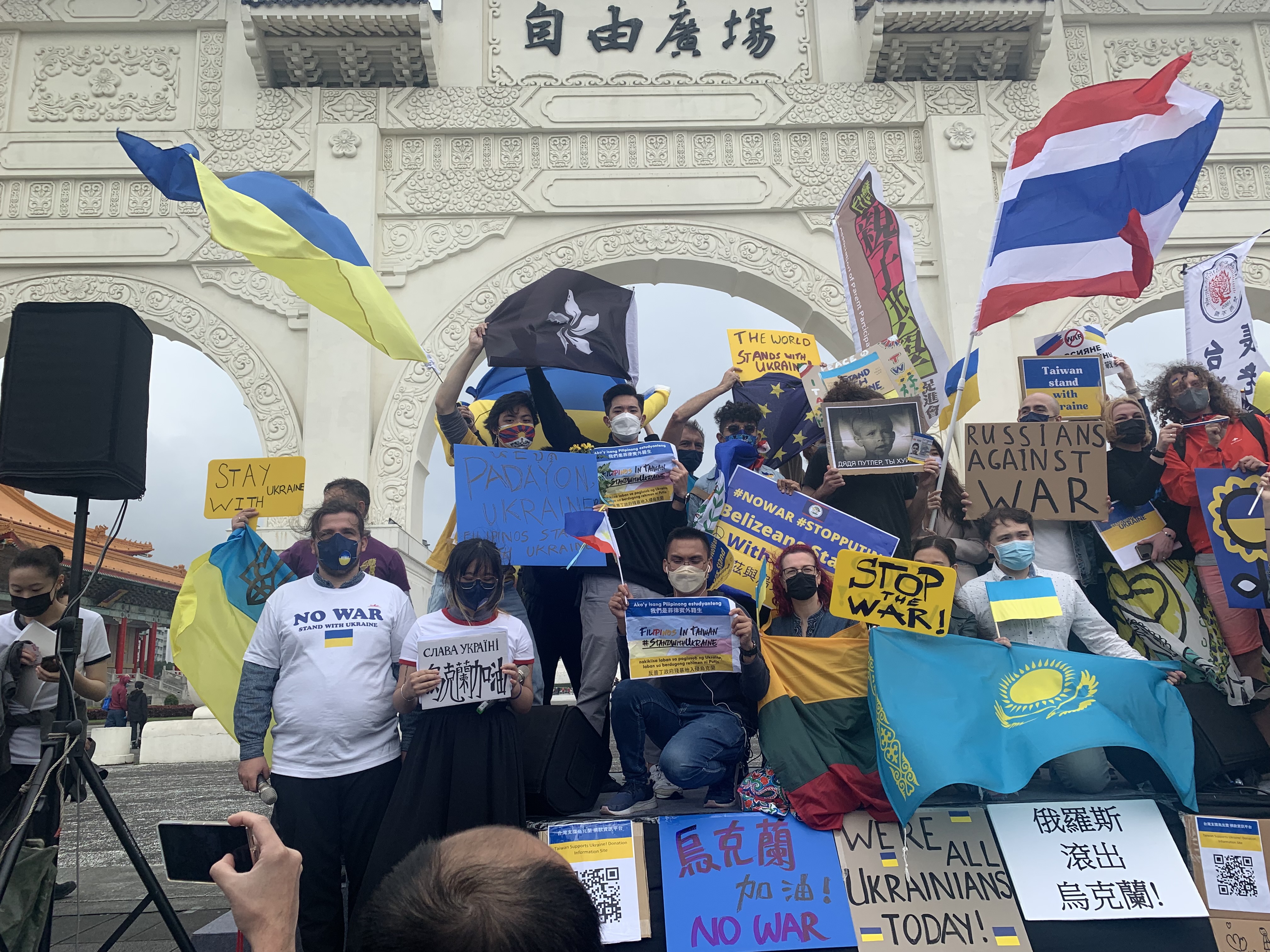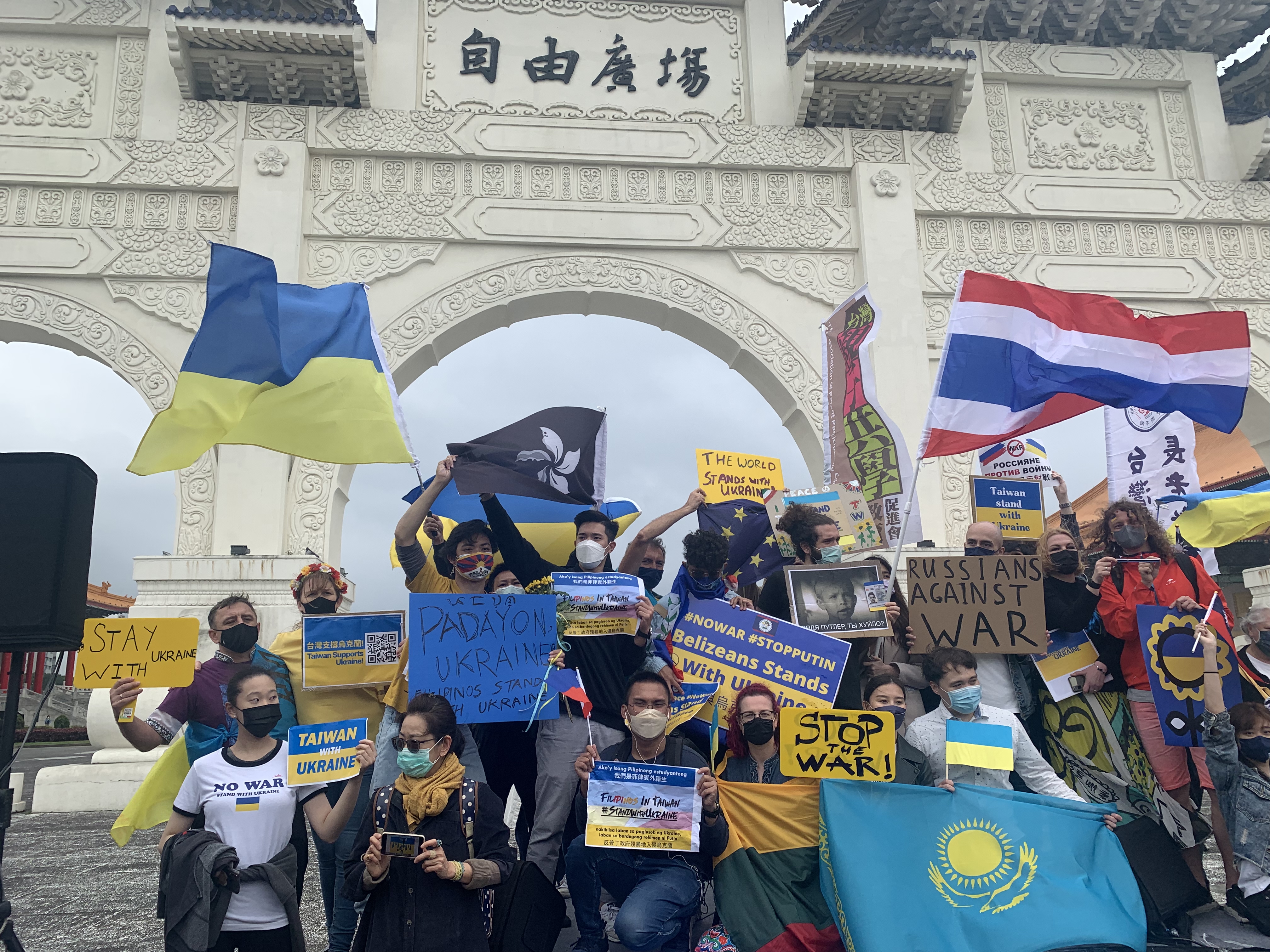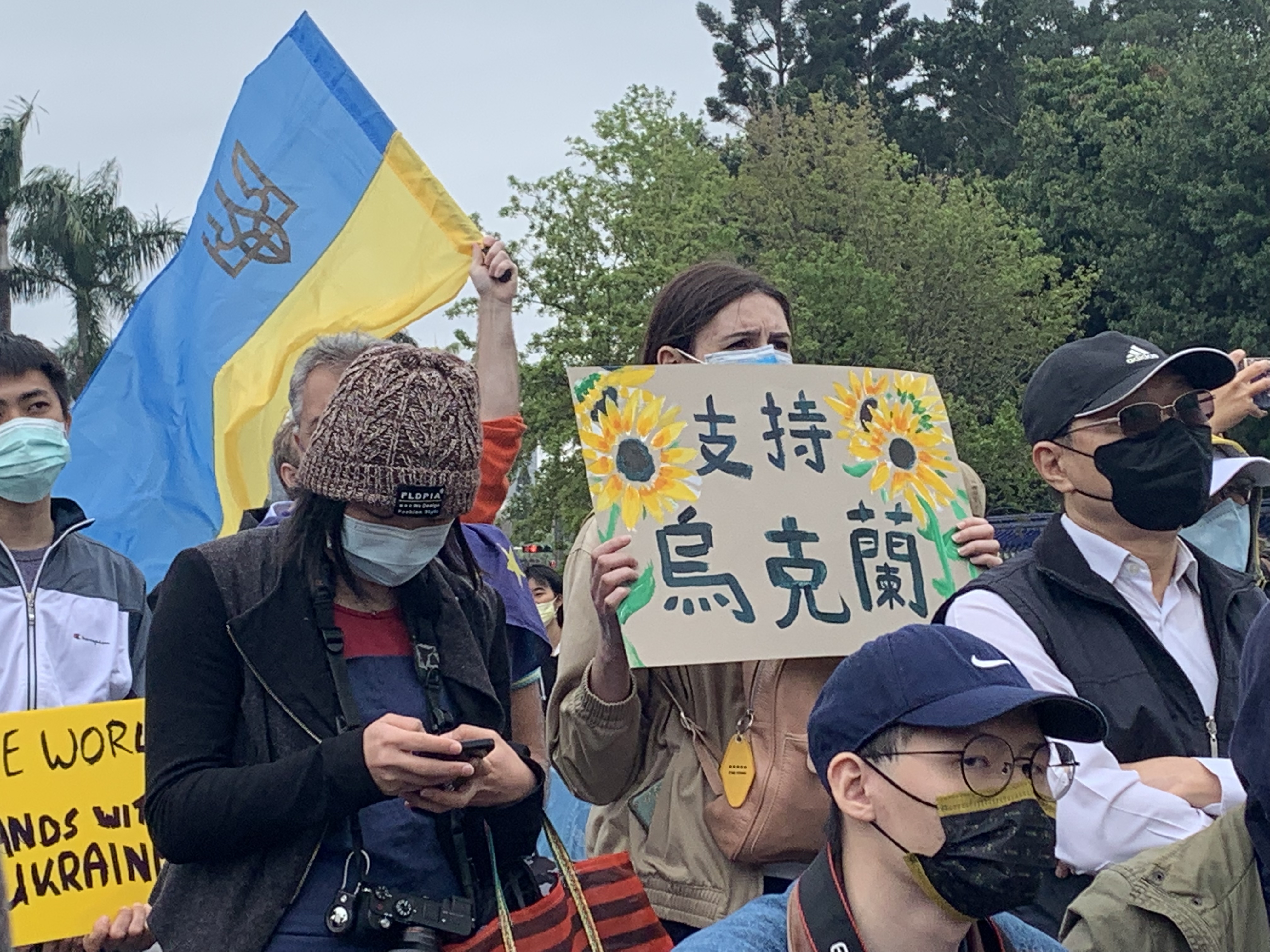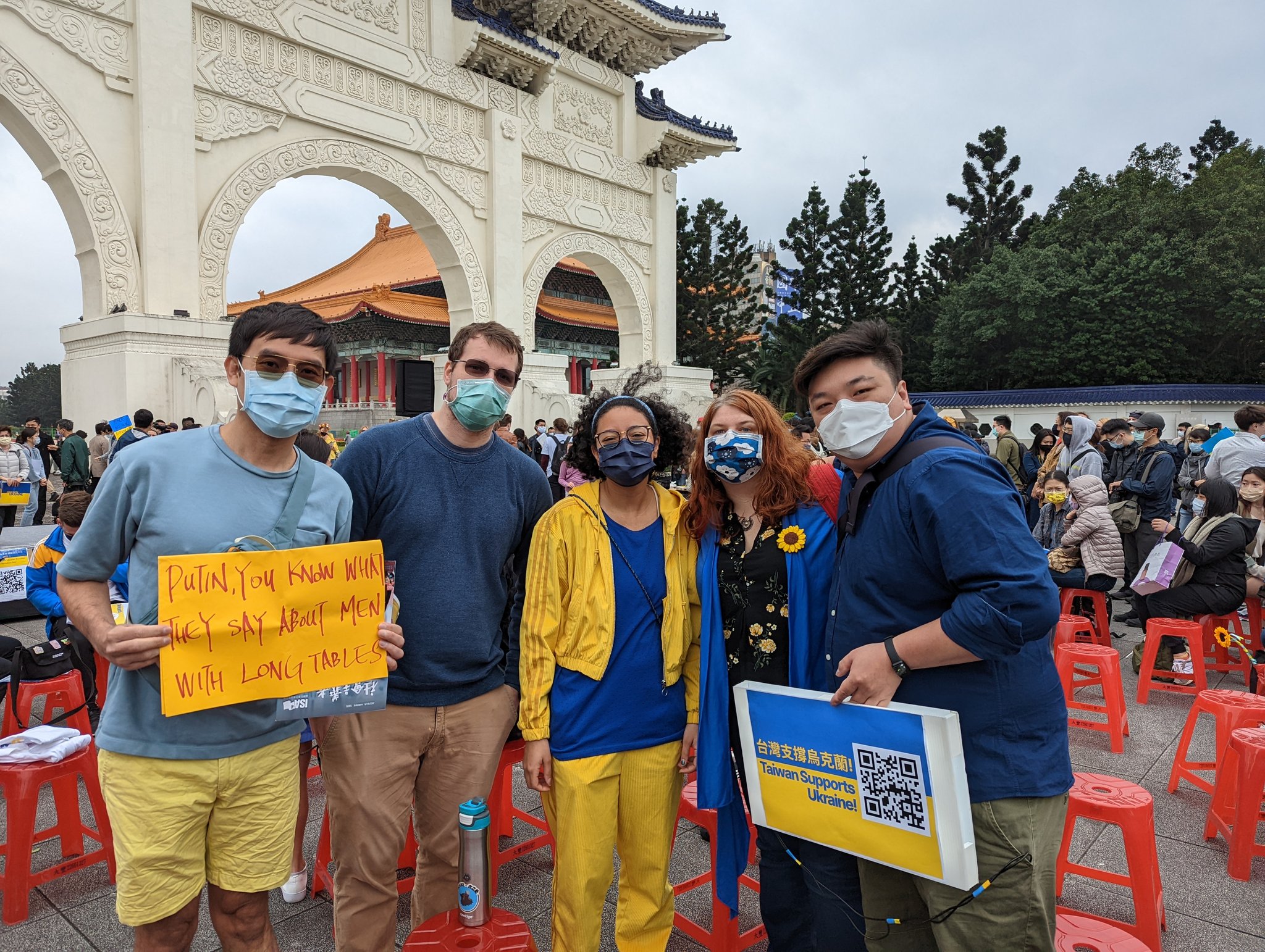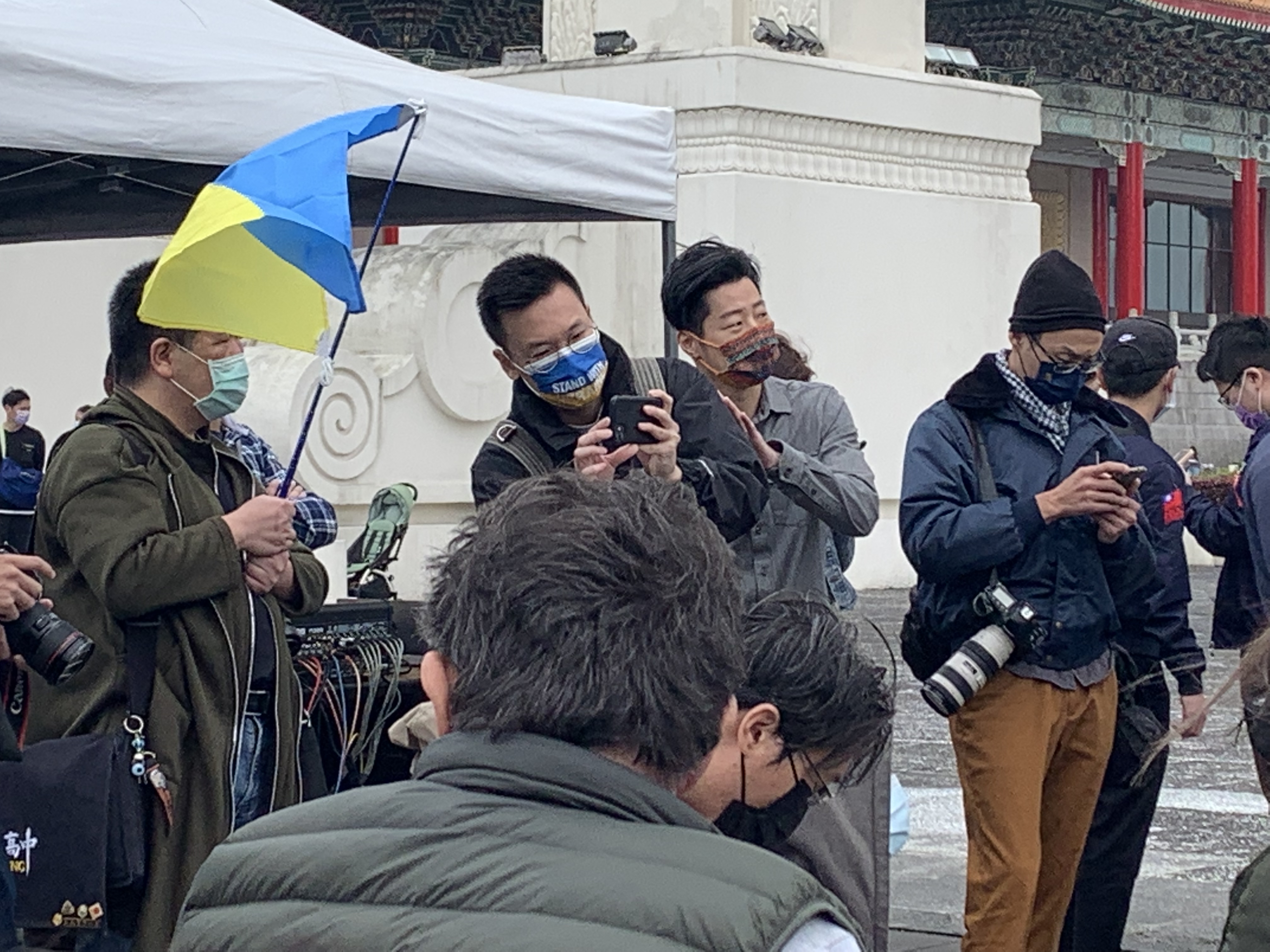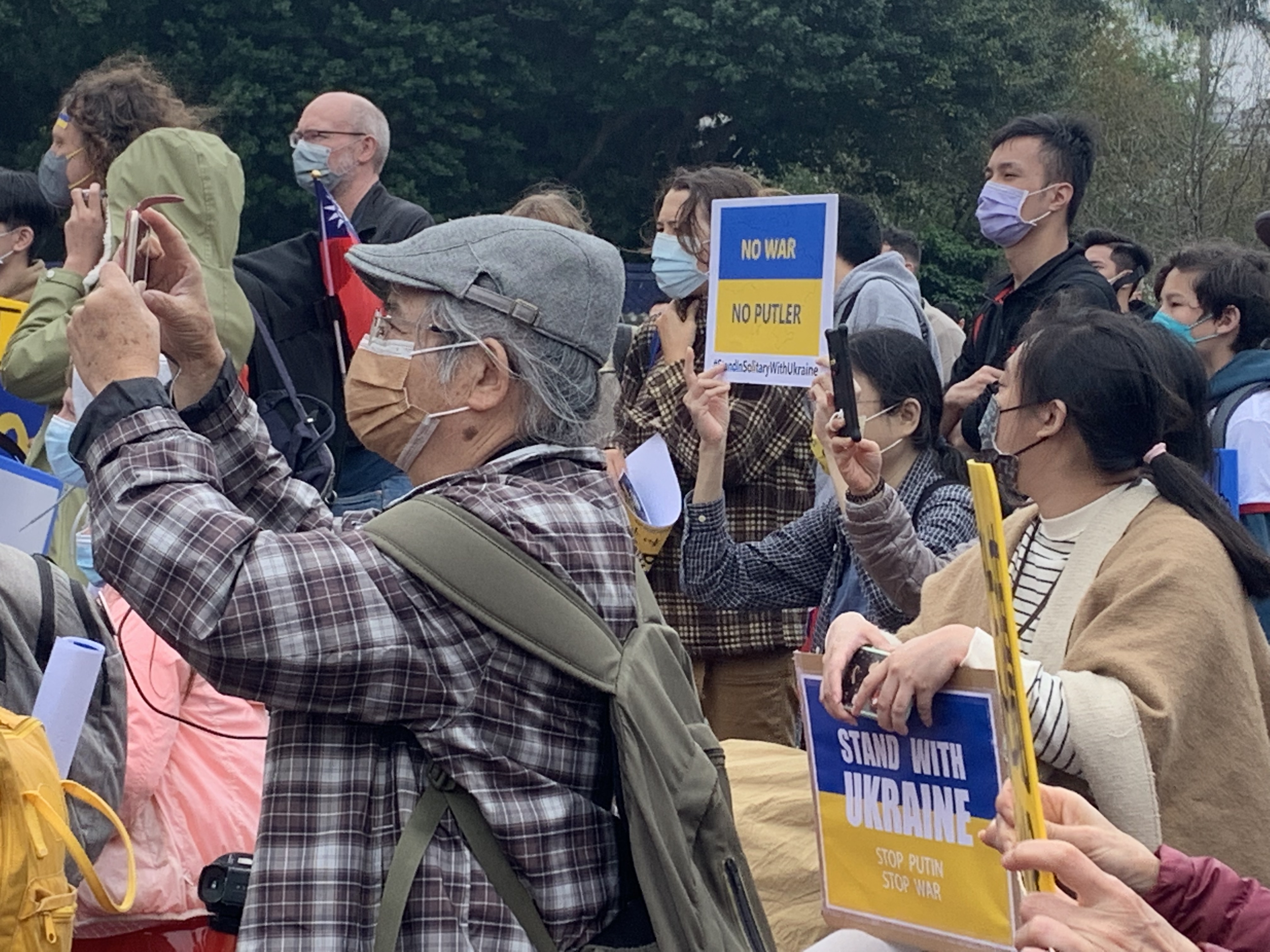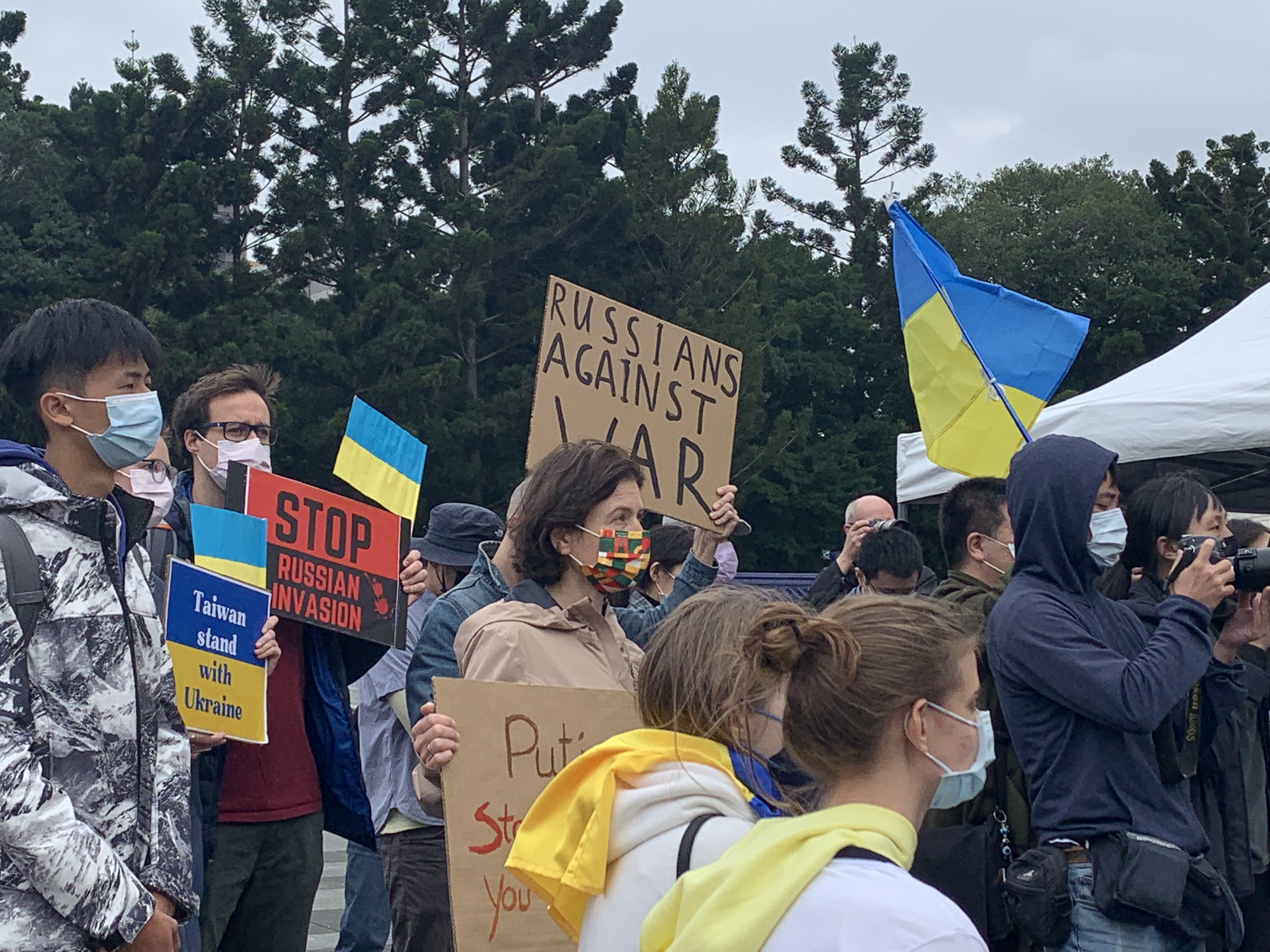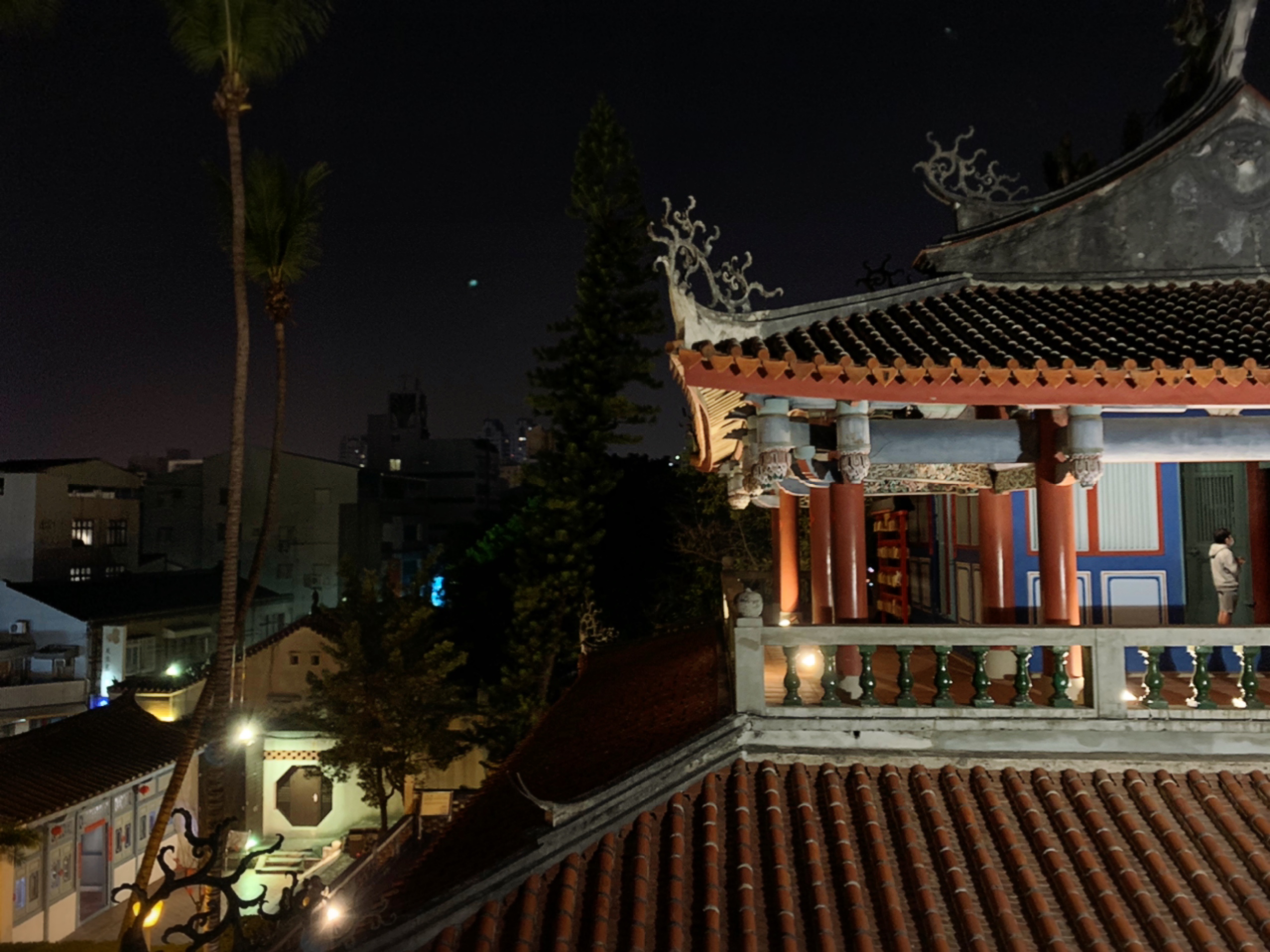Beijing has adopted a new set of 'guidelines' that allow the Chinese government to try and convict Taiwan independence advocates in absentia, according to Xinhua.
I advise you to read the entire thing -- the English translation is entirely comprehensible, and I relied on it as I do not read Simplified characters -- but it's even more insane than it seems on the surface. And frankly, that's saying a lot.
Commentary so far has zeroed in on the inclusion of the death penalty for some "separatists", although the part about "deprivation of political rights" gave me a chuckle, because it's not like the People's Republic allows its citizens to access any true political rights:
Those who cause particularly serious harm to the state and the people and whose circumstances are particularly heinous may be sentenced to death. Active participants shall be sentenced to fixed-term imprisonment of not less than three years but not more than ten years. Other participants shall be sentenced to fixed-term imprisonment of not more than three years, criminal detention, controlled release, or deprivation of political rights.
The range of "crimes" that can incur anything from a prison sentence to death are extremely vague:
The guidelines also detailed what is considered crimes worthy of punishment, including promoting Taiwan’s de jure independence, advocating the nation’s entry into international organizations whose memberships are limited to sovereign states, engaging in official exchanges and military contacts abroad, and conspiring to create “two Chinas,” or “one China, one Taiwan,” in the international community.
They also include taking advantage of one’s authority in education, culture, history and the media to “distort or falsify facts about Taiwan’s historical links to China,” and “suppressing” parties, groups or individuals that promote peaceful cross-strait relations and “reunification” with China, as well as “other acts that seek to separate Taiwan from China.”
This is obviously off the rails, so much so that I barely even need to write about it. But what makes it even crazier, at least to me, is the assumption that if tried in absentia, defendants would actually believe it possible enough to get a fair trial in China that they'd send a defense team or appeal the verdict:
In cases where the People's Court tries in absentia the crimes of "Taiwan independence" diehards who split the country or incited secession, the defendant has the right to entrust or have a close relative entrust one or two defense lawyers on his behalf. If the entrustment is made abroad, the authorization shall be notarized and authenticated in accordance with relevant regulations...
When the people's court tries in absentia a case of a "Taiwan independence" diehard splitting the country or inciting secession, it shall deliver the verdict to the defendant, his or her immediate family members, and the defense counsel. If the defendant or his or her immediate family members are dissatisfied with the verdict, they have the right to appeal to the people's court at the next higher level. The defense counsel may appeal with the consent of the defendant or his or her immediate family members.
I didn't know that the CCP was considering a career in stand-up comedy, but anyway, what does this actually mean?
First, it attempts to silence Taiwan activists or those who'd be inclined to agree with them, mostly in Taiwan, but perhaps beyond it as well. It's meant to scare two types of people: pro-independence Taiwanese, and public figures anywhere in the world who might have reason to go to China in the future. For those in Taiwan, the PRC is essentially saying "we know we can't do anything to you now, but annexation is inevitable, and once that happens you're toast -- even if your activism ceases the moment we take control."
In fact, it could be taken further than that: they're not just enacting Hong Kong-style repression in advance. They're making it easier to draw up a list of names now, so that if (when?) they do invade, they'll be able to snatch them that much more quickly. It's easier to keep people from escaping if you know who you want to punish in advance.
Just as a little side note, there's a history of this in my own family. My great-grandfather was an Armenian fedayi, a fighter in the Turkish-Armenian war of 1920. Apparently he was quite the sniper. He moved to Athens and married soon after, but left on the eve of WWII. It wasn't just a general sense of danger: apparently the Nazis looked into things like, oh, say, whether you had a history of armed resistance. My great-grandfather did. The whole family fled.
That's the point I want to really drive home: every once in awhile some wrongo dongo gets it in their head that there can be peace if we just give China what it wants. It's better than a war, right?
But this is not possible. China's "peace" means hunting down and murdering activists, including friends of mine. For supporters who perhaps don't take an active role, it can mean worry for the rest of your life that something you said in erstwhile democratic Taiwan might come back to haunt you, costing you your job, your freedom or your life.
I've heard people say it's not such a big deal to lose basic freedoms, that it's better than perishing under bombs and guns. Now imagine you surrender those freedoms to escape the guns, only to find your friend shot because he said something five years ago that your new masters don't like. Imagine they start asking you questions, and under duress you admit you attended a few protests, maybe voted for the DPP. Maybe you get shot too.
Let's say you want to leave, but you can't, because you're associated with people whose names were on a list before the first PLA soldier's boots touched Taiwanese soil. They can take everything from you, including your life.
That's how it will be, and it's not peace. There can never be peace under "one China". I can say right now that if China takes Taiwan, I have friends who will be murdered under this law. That is simply not peace.
I could have said all of this a year ago, two years ago -- it's always been true. It's just that now they've made it more official.
In theory, this could include me. I don't think I'm important enough to be noticed, but the danger is not zero.
This also effectively bars anyone who's spoken for Taiwan from ever going to China, even if they don't intend to engage in any pro-Taiwan speech while there. You'd think it'd be easy to avoid going to China, and certainly the most prominent activists are banned. But Taiwanese companies do send employees to China on business. Now it's not safe to go, even if your work requires it, if you've made so much as a passing comment online, from Taiwan or anywhere else where access to freedom of speech is protected.
This isn't a new notion for China, which convicted and imprisoned Lee Ming-che for five years, over his actions in Taiwan, where everything he wrote was fully legal.
In fact, the least scary thing about this is that the Chinese government has been detaining and kidnapping people, putting them through kangaroo courts if they're lucky, without a set of regulations to make it official. This is just paperwork; it's always been the case in practice. Beijing has likely already been keeping a list of people who'll be up against the wall if their annexation bid succeeds; this would just make more efficient. Killing sprees run so much more smoothly if the victims have already been convicted in absentia!
As these regulations apply to anyone, not only Chinese nationals and Taiwanese whom Beijing insists are Chinese, they potentially affect any journalist, writer, academic, artist or public figure from anywhere in the world. As the Taipei Times source noted:
Noting that US President Joe Biden has said he does not rule out using military force to defend Taiwan if China unilaterally tries to change the “status quo” across the Strait, they asked: “Does the CCP dare punish him?”
We could get more ridiculous with this: could Katy Perry be put on trial in absentia? Enes Kanter? Jensen Huang? John Oliver? Any foreign journalist who has simply reported that Taiwan is self-governed and polls show it wishes to stay that way? Researchers at Acasdemia Sinica who consistently publish polls showing Taiwanese don't consider themselves Chinese?
How many pro-Taiwan people will look at their business travel needs and decide it's better to stay silent? Perhaps not all, but possibly some. How many of those fence-sitters who say they do believe that Taiwan isn't China but "want peace" or think China taking over is "inevitable" are going to decide it's better to just be quiet? If it's so "inevitable", they're toast, right?
Finally and perhaps most obviously, it silences anyone in China who thinks Taiwan deserves recognition of its current sovereignty, or at least attempts to. The regulations don't differentiate by citizenship, so this could be anyone -- Chinese citizens who were perhaps willing to say that Taiwan doesn't necessarily need to be "reunified", Taiwanese living or working in China, and even foreign residents in China who use VPNs to access the real Internet. I doubt they'd bother going after most such people, though they might pick off one or two Taiwanese in China to set an example.
If we're really going to dive into what this could mean, trial in absentia does imply a warrant, and will generally result in a verdict. Although it's unlikely, at least theoretically this could embolden China to start issuing warrants or hounding Taiwan activists just as they do Hong Kong exiles. It's not just the National Security Law "in advance", it could well be attempting to promulgate the most chilling provisions immediately.
Outside of both China and Taiwan, attempts to arrest Tawian activists based on such a conviction in absentia would most likely but not necessarily be rebuffed, rendering a whole host of countries friendly to China now dangerous for anyone who's ever advocated for recognition of Taiwan's sovereignty. Although I haven't had much time to consider it, off the top of my head, I'd be worried about parts of Southeast Asia -- say, Cambodia, which has warm ties with the PRC, or Thailand, where Hong Kong activist Joshua Wong was detained and publisher Gui Minhai kidnapped.
If I were being super thirsty, I could ask you guys which countries you think Taiwan activists might get detained or kidnapped from. Where are you afraid to go now? Leave your top choice in the comments below, and don't forget to smash that subscribe button!
(Do I even have a subscribe button? Doubt it.)



